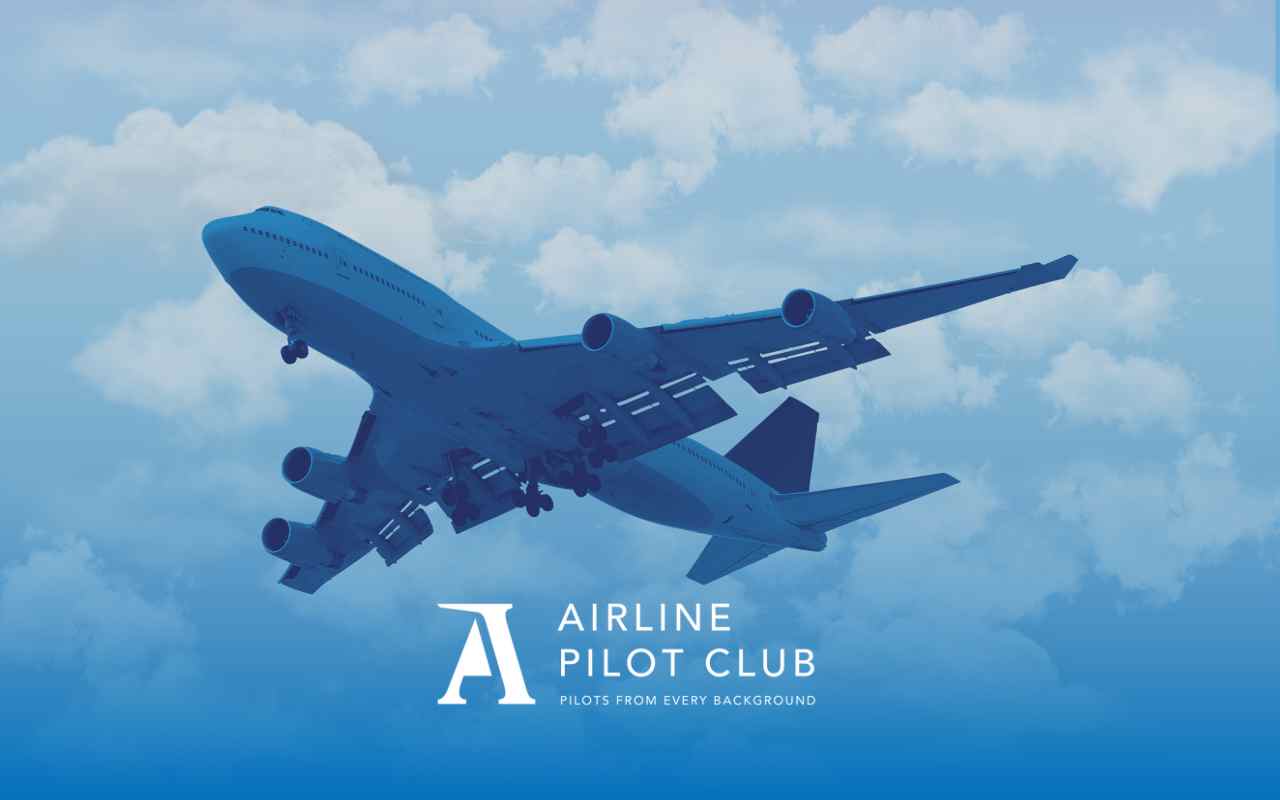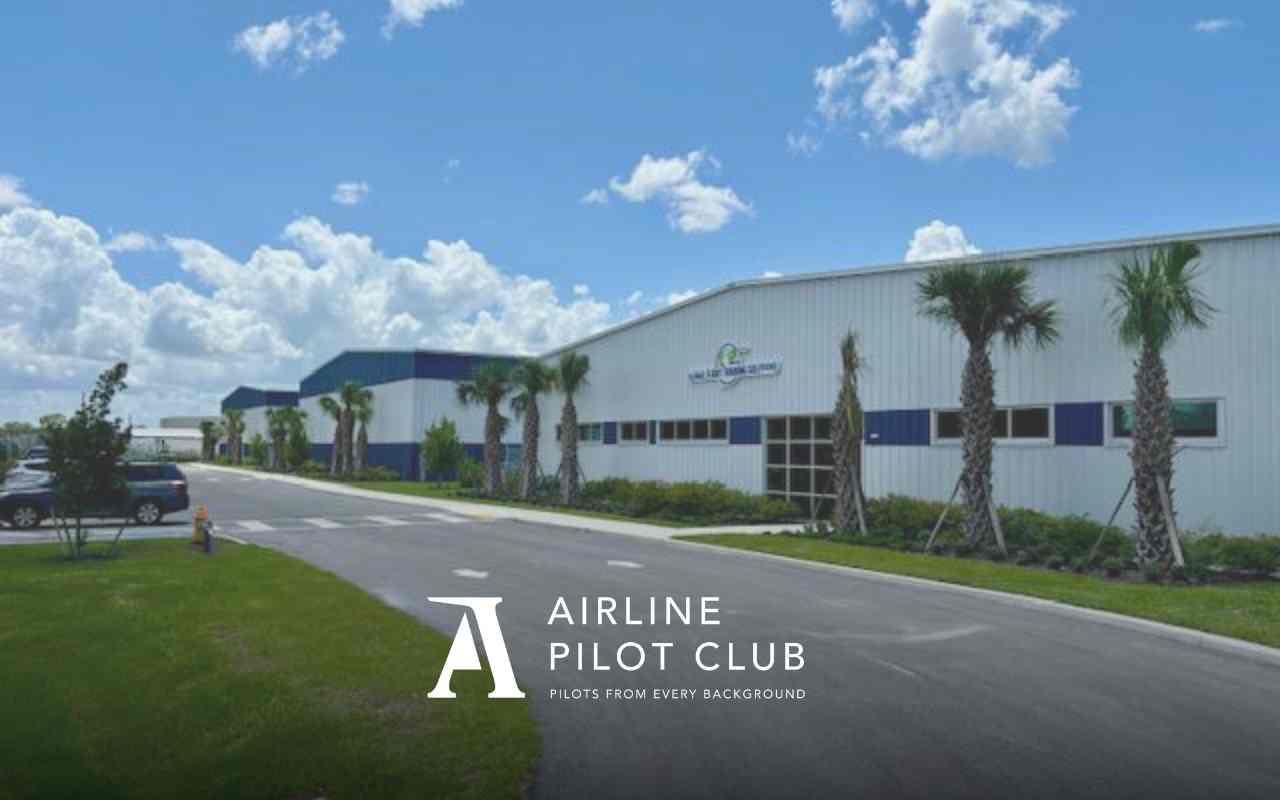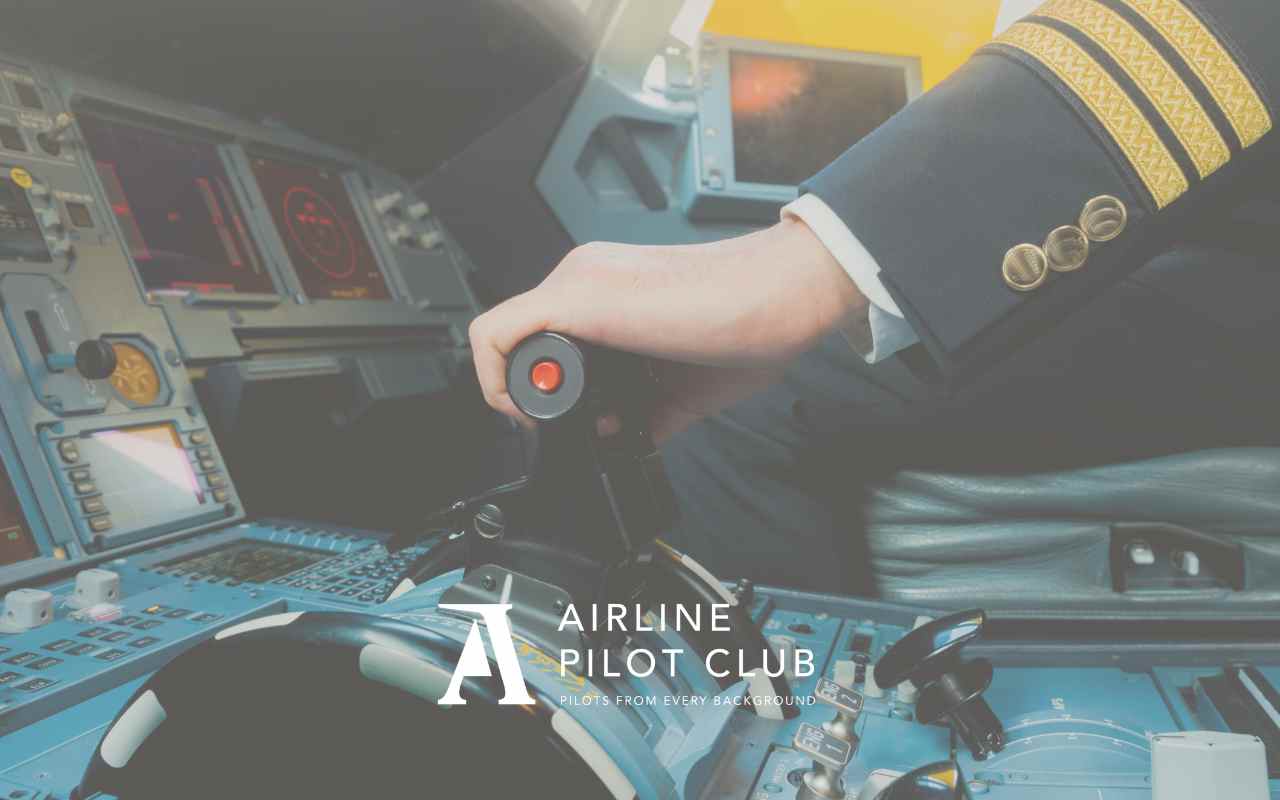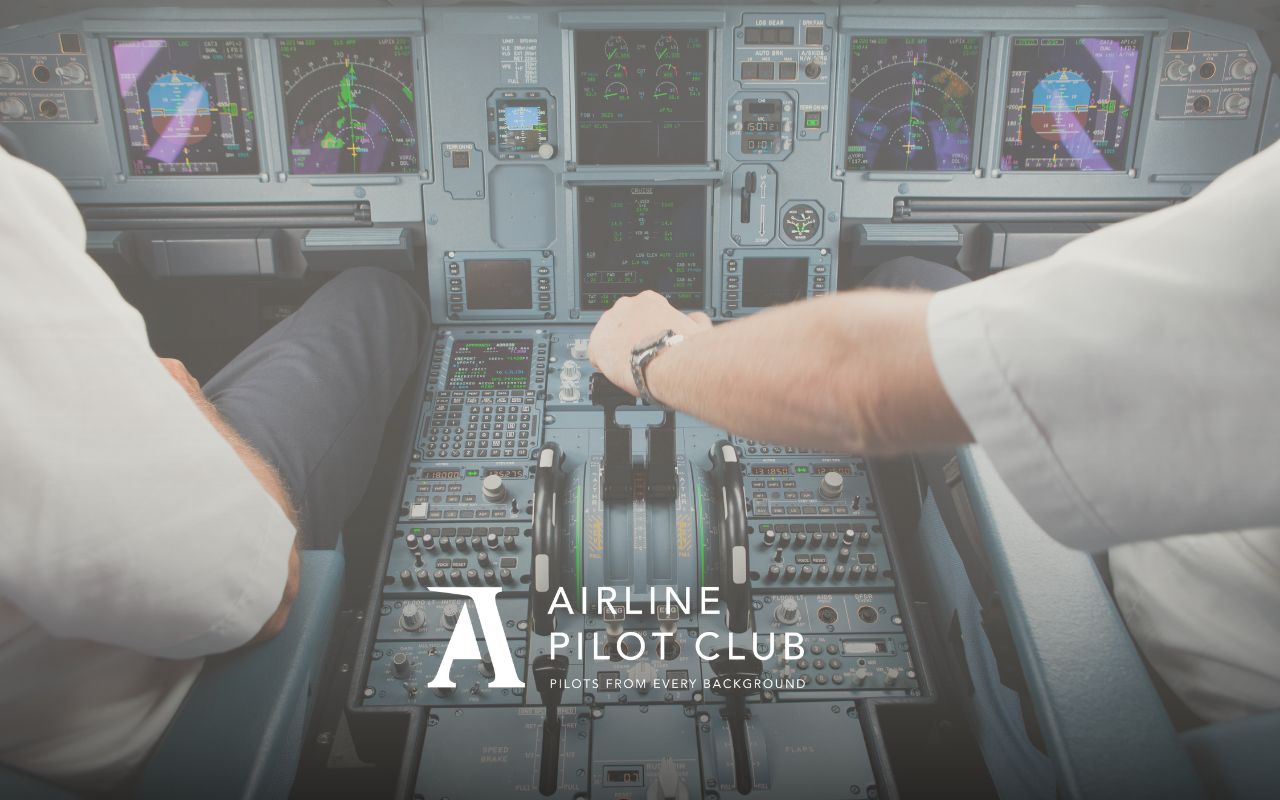Becoming a pilot is a dream for many individuals. The freedom to fly, the adventure of travel, and the sense of accomplishment make it an exciting profession. However, flying an aircraft requires a specific skill set, knowledge, and safety practices that can only come through professional pilot training.
The Importance of Professional Pilot Training
Professional pilot training is an essential step towards becoming a successful and competent pilot. It goes beyond just learning how to fly an aircraft and encompasses various aspects of aviation. The training provides aspiring pilots with the fundamental skills and knowledge required to operate an aircraft safely and efficiently.
Aviation is an industry that demands the highest level of safety and competence from pilots. Therefore, professional pilot training is crucial to ensure that pilots can operate an aircraft safely in all conditions. The training programs focus on providing future pilots with the necessary knowledge and skills to handle various emergency scenarios and situations. This helps them build their understanding of the aircraft systems and how to make safe decisions to avoid accidents.
Ensuring Safety and Competence
Flight safety is of utmost importance in the aviation industry. Pilots must be able to handle any situation that may arise during a flight and ensure the safety of all passengers and crew members. Professional pilot training programs are designed to equip pilots with the necessary skills to handle any emergency scenario. The training includes classroom instruction, simulator training, and real flight experience to ensure that pilots can operate an aircraft safely in all conditions.
Additionally, pilot training programs focus on building competence in various areas such as aerodynamics, navigation, and flight operations. Pilots must have a thorough understanding of these subjects to operate an aircraft efficiently and safely.
Meeting Industry Standards
Professional pilot training programs meet and exceed industry standards set by regulatory agencies such as the Federal Aviation Administration (FAA) and International Civil Aviation Organization (ICAO). These standards are in place to ensure that pilots have the necessary skills and knowledge to operate an aircraft safely. Pilots must adhere to these standards to obtain their license and certification, and failure to do so can result in losing their license and legal consequences.
Professional pilot training programs also include training on the latest technology and equipment used in the aviation industry. This ensures that pilots are up-to-date with the latest advancements in aviation technology and can operate modern aircraft safely and efficiently.
Enhancing Career Opportunities
Professional pilot training not only provides pilots with the knowledge and skills needed to fly an aircraft safely, but it also enhances their career opportunities. Employers prefer to hire pilots who have completed a rigorous training program compared to those who have not. Certifications such as Airline Transport Pilot (ATP) or Commercial Pilot License (CPL) increase the chances of being hired and can lead to higher salaries and benefits.
Professional pilot training is essential for aspiring pilots who want to build a successful career in the aviation industry. The training provides pilots with the necessary skills and knowledge to operate an aircraft safely and efficiently, meet industry standards, and enhance their career opportunities.
Types of Pilot Training Programs
Several types of pilot training programs cater to individuals based on their requirements. Whether one is considering flying for leisure or looking for a career path in aviation, several programs exist to meet specific needs and goals. Pursuing a career in aviation requires a considerable amount of training, experience, and knowledge.
Aviation is a field that demands precision, safety, and competence. Therefore, it is essential to choose the right type of pilot training program that aligns with your goals and aspirations. Here are some of the most popular types of pilot training programs:
Private Pilot License (PPL)
A Private Pilot License is the most basic type of pilot license and provides knowledge and skills needed to fly an aircraft for leisure or personal use. This license allows pilots to fly single-engine aircraft and carry passengers. While it does not allow pilots to fly for hire, it is an excellent option for those who wish to fly their aircraft for recreational purposes. Obtaining a PPL requires a minimum of 40 hours of flight time, including 20 hours of solo flight time.
Commercial Pilot License (CPL)
Aspiring pilots who seek a career in aviation must obtain a Commercial Pilot License. This type of license permits pilots to fly an aircraft for compensation or hire. Pilots must have acquired a certain number of hours of flight experience and pass various examinations to obtain this license. A CPL requires a minimum of 200 hours of flight time, including 100 hours of pilot-in-command time.
Airline Transport Pilot License (ATPL)
The Airline Transport Pilot License is the highest level of certification and requires pilots to have significant flight experience, skills, and theoretical knowledge. Pilots with an ATPL can fly transport category aircraft, such as commercial airliners. Obtaining an ATPL requires a minimum of 1,500 hours of flight time, including 500 hours of cross-country flight time, and passing various theoretical and practical examinations.
Specialty Training Courses
Several training courses cater to pilots seeking specialised skills. These courses include tailwheel training, multi-engine training, instrument training, and flight instructor training, among others. Pilots can enhance their skills in unique areas with the help of these courses. For instance, tailwheel training equips pilots with the skills needed to fly aircraft with a tailwheel instead of a nose wheel. Multi-engine training helps pilots gain experience flying aircraft with multiple engines. Instrument training teaches pilots to fly an aircraft using only instruments, without relying on visual references. Flight instructor training prepares pilots to become certified flight instructors, enabling them to train other aspiring pilots.
Choosing the right type of pilot training program is crucial in determining your success in aviation. It is essential to research and evaluate the different types of programs before committing to one. Factors such as cost, location, and reputation should be considered before making a decision.
Choosing the Right Flight School
The choice of the right flight school is critical for aspiring pilots as it can impact their entire career in aviation. Several factors need to be considered when selecting a flight school.
Accreditation and Reputation
One of the crucial factors is selecting an accredited flight school with a good reputation. Accreditation ensures that the school adheres to specific standards and provides the necessary training to meet regulatory requirements. When researching flight schools, it's important to check if they are accredited by the Federal Aviation Administration (FAA) or other recognised aviation organisations. Additionally, it's important to look at the school's reputation and reviews from past students. A good reputation can indicate that the school provides quality training and has experienced instructors.
Training Facilities and Equipment
Flight schools must have modern and adequate training facilities and equipment. Simulators, aircraft, and other necessary tools must be available to provide comprehensive training to students. When visiting potential flight schools, it's important to take a tour of their facilities and examine their equipment. The quality of the equipment can impact the quality of the training, so it's important to ensure that the school has up-to-date and well-maintained equipment.
Instructor Experience and Qualifications
The experience of flight instructors is vital in the learning process of students. Instructors must be qualified and possess significant experience in both flight and theoretical knowledge. When selecting a flight school, it's important to research the qualifications and experience of the instructors. Experienced instructors can provide valuable insights and guidance during the training process, which can help students become better pilots.
Cost and Financial Aid Options
Flight training can be costly; hence, aspiring pilots must consider the cost of training when selecting a flight school. When researching flight schools, it's important to compare the costs of different schools and programs. Additionally, it's important to look at the financial aid options available, such as scholarships, loans, and grants. Financial aid can significantly reduce the burden of training expenses and make flight training more accessible to aspiring pilots.
Choosing the right flight school is a critical step in becoming a pilot. By considering factors such as accreditation, reputation, training facilities and equipment, instructor experience and qualifications, and cost and financial aid options, aspiring pilots can make an informed decision and select a flight school that meets their needs and goals.
The Training Process
The training process is a comprehensive program that equips pilots with the necessary knowledge and skills needed to fly an aircraft safely and competently.
Ground School and Theoretical Knowledge
Theoretical knowledge is vital in pilot training as it provides the necessary understanding of the principles of flight, navigation, weather systems, and other fundamentals. Ground school and theoretical knowledge training cover these aspects of flying.
Flight Training and Practical Skills
Flight training is the practical aspect of pilot training. Student pilots fly with certified flight instructors and acquire hands-on experience in various conditions such as take-off, landing, and flight manoeuvring.
Simulator Training and Advanced Techniques
Simulator training provides an advanced level of training that is not possible to replicate in real-life situations. Simulators help pilots to learn to handle various emergency scenarios and situations, improving their decision-making skills.
Examinations and Licensing
Examinations are a crucial component of pilot training that assesses the pilot's theoretical and practical knowledge. Pilots must pass various exams to obtain their license and certification. Licensing is a legal requirement and permits pilots to fly an aircraft in different conditions and environments.
Wrap Up
Professional pilot training is necessary for aspiring pilots interested in aviation as a career or for leisure purposes. Pilot training programs equip pilots with the necessary safety practices, knowledge, and skills needed to fly an aircraft safely and competently. The choice of the right flight school changes the course of one's career, and aspiring pilots must consider several factors before enrolling in a program. Successful completion of training programs can lead to higher job opportunities, salaries, and career advancement in the aviation industry.




